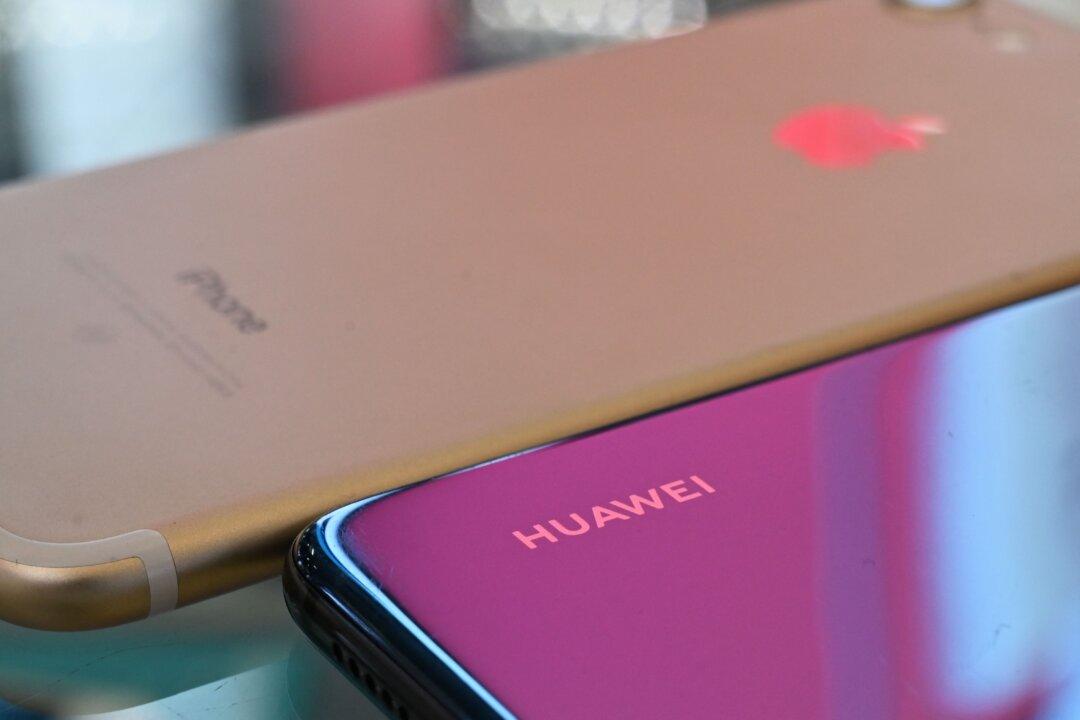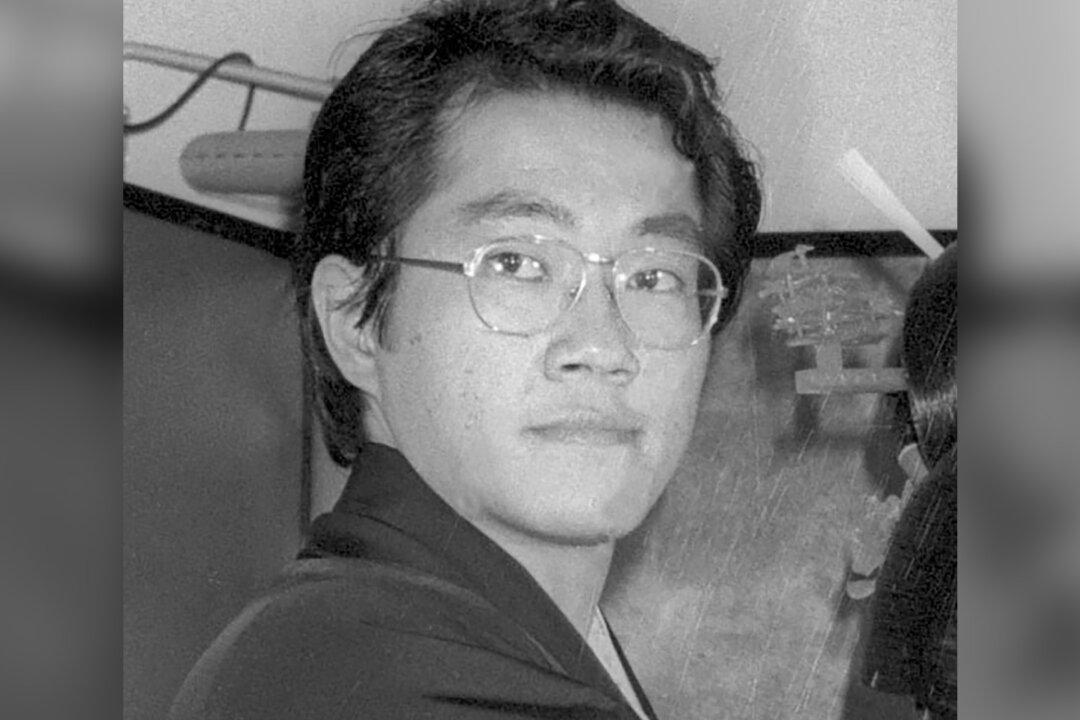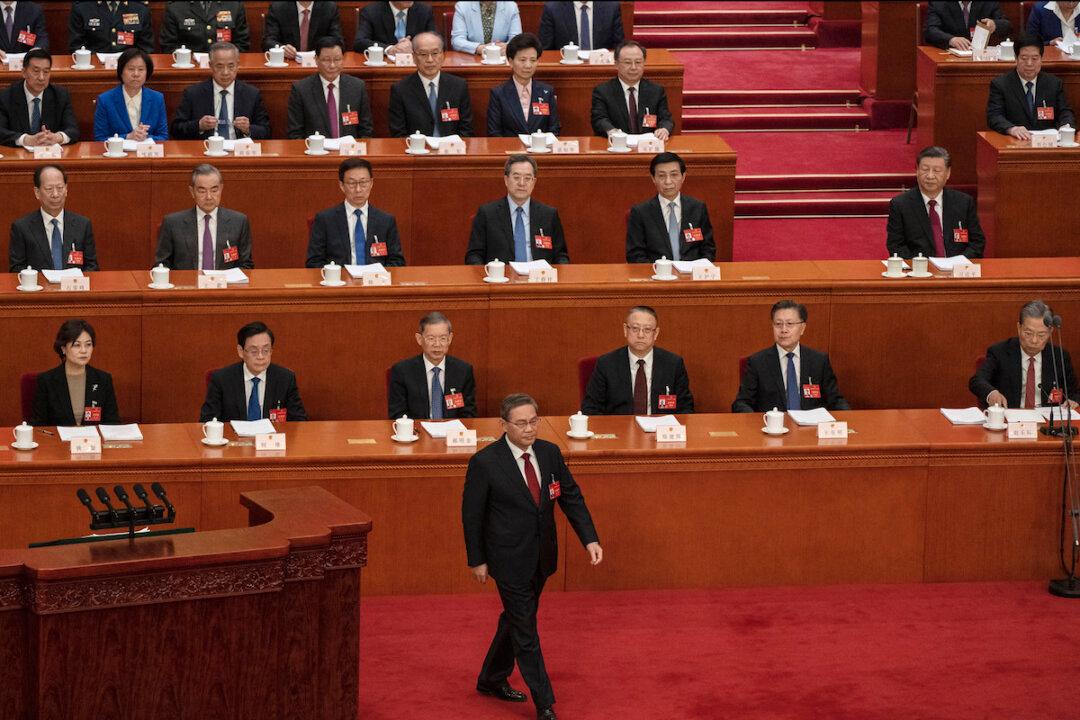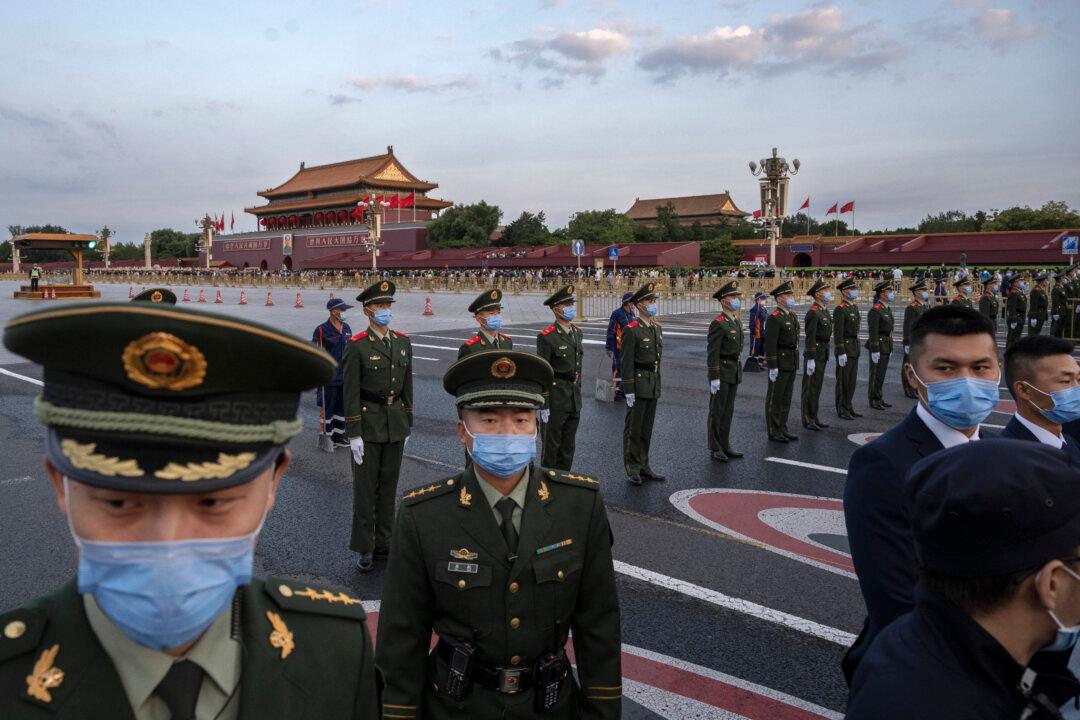Amid China’s ongoing zero-COVID policy, foreign business travelers are avoiding China and a growing volume of luxury hotel apartments are vacant. A severe downturn in occupancy rates during the three-year epidemic is forcing hotel owners to sell or transfer assets.
Foreign business travel to and from China has dropped a staggering amount since the pandemic began. A China Digital Times
article suggests that the decrease could be as much as 95.5 percent.
Although the reluctance to enter China can be attributed to many reasons, the most talked about by the media has been the CCP’s strict isolation policies.
Global commercial real estate services company Jones Lang LaSalle Incorporated (JLL)
reported that international visitors to Shanghai, China’s financial hub, were down 48.3 percent in June, while the average occupancy rate in the upscale hotel market was only 19.6 percent.
That number is more realistic than artificially inflated numbers earlier in the year as luxury hotels were earmarked for quarantine use. The JLL website quoted Mike Batchelor, CEO of Hotels and Hospitality Group, Asia, as saying “City-wide lockdowns severely impact market performance.”
Hotel Giant Holds Fire Sale
The impact of the pandemic and isolation policies was felt as Overseas Chinese Town Holdings Limited (
OCT Asia), a Hong Kong-listed enterprise, put various holdings on the market, notably Shanghai’s lavish Bulgari Hotel & Residences.
OCT Asia subsidiary Shanghai Shouchi Enterprises, which owns the 133-unit luxury hotel, was hard-hit by COVID, suffering a cumulative after-tax loss of $19 million since 2020.
To address the Bulgari losses, OCT Asia disclosed on Oct. 5 (
pdf) that its non-wholly owned subsidiary, OCT Shanghai Land, plans to sell 51 percent of its stake in Shanghai Shouchi Enterprises through a public listing on the Beijing Property Exchange. Specifically, this puts up for sale the Bulgari Hotel & Residences and the corresponding land use rights in the Suhewan area of Zhabei District, Shanghai.
OCT Asia set a bid reserve price of approximately $81 million for the combined properties, according to the China Digital Times.
OCT’s board of directors expressed hope that the sale would revitalize the group’s stock of assets and accelerate its capital turnover. However, as of Oct. 20, the group had not received a bid, according to Chinese business and tech media
TMT Post.
The Bulgari Shanghai: Golden Bay Jewel On the Market
OCT’s ownership of the properties began in
2012 via a partnership with the Bulgari Group.
In 2018, the Bulgari Hotel & Residence, the fourth from the iconic jewelry name, opened in the Suhewan area of Shanghai, an upscale area referred to as the “Golden Bay.”The Bulgari Shanghai hotel was designed by the renowned Italian design firm Antonio Citterio Patricia Viel. It overlooks the Bund and Huangpu Rivers and the Pudong, Shanghai’s international financial district.
Monthly rent at the Bulgari Shanghai ranges from $9,000 to $20,000 and targets foreign executives. However, due to Shanghai’s COVID isolation policies, the hotel’s occupancy rate plunged.
Zero-COVID ‘Scared Away’ Foreign Travelers
Xu Yang (pseudonym), a staff member with OTC Shanghai, told The Epoch Times he thinks the decision to sell Bulgari Shanghai was a prudent one. “The main reason was the zero-COVID policy. It scared away foreign travelers and there are not many Chinese who can afford the high rents. If the Chinese government doesn’t change its policies, it will be difficult to bring back top talent from foreign companies.”Xu’s comments mirror the
results of a survey by the European Union (EU) Chamber of Commerce in China. The survey found that half of foreigners in China have left the country since the epidemic began. Seventy-four percent of those surveyed said the zero-COVID policy negatively affected the ability of employers to recruit and retain foreign workers. Thirty-three percent of respondents reported that job offers for key positions in China were being rejected. As a result, some EU and U.S. employers said they were considering moving operations out of China. Nearly three-fourths of the employers surveyed said city-wide lockdowns made China less attractive for investments.
Song Xin (pseudonym), a resident of Shanghai’s Huangpu district, told The Epoch Times: “This year, the city has been in lock-down for three months, and foreign executives need to generate business orders. When you can’t produce and can’t meet the deliveries, what can they do? They will want to leave. Shanghai is completely closed including hospitals, logistics, and transportation businesses. The whole city is like a dead city, who can stand it? It’s strange that foreigners don’t run away!”
Xu told The Epoch Times that market challenges in China will make it difficult for OTC to find a buyer for Bulgari Shanghai.
Other OCT Subsidiaries on the Market
Xu confirmed that Bulgari is not the only OCT subsidiary that is likely to be transferred.Since the start of the second half of this year, OCT has listed the
transfer of shareholdings from several of its subsidiaries.
In July, Chengdu OCT Yingchuang Industrial Co., Ltd. proposed to transfer 100 percent of its equity interest plus debts of approximately $5 million, for a consideration of $77 million.
In September, Chongqing OCT’s 49 percent stake in Jianshui Qiaobo Real Estate Development Co., Ltd. was proposed to be transferred to Yunnan Expo Kang Travel Industry Investment Co., Ltd. for a reserve price of $19 million.
In October, OCT (Tianjin) Investment Co., Ltd. proposed to transfer 5 percent of each of Taiyuan Qiaoshuo Property, Taiyuan Qiaonuo Property, and Taiyuan Qiaolong Property, with a total reserve price of approximately $2 million.





